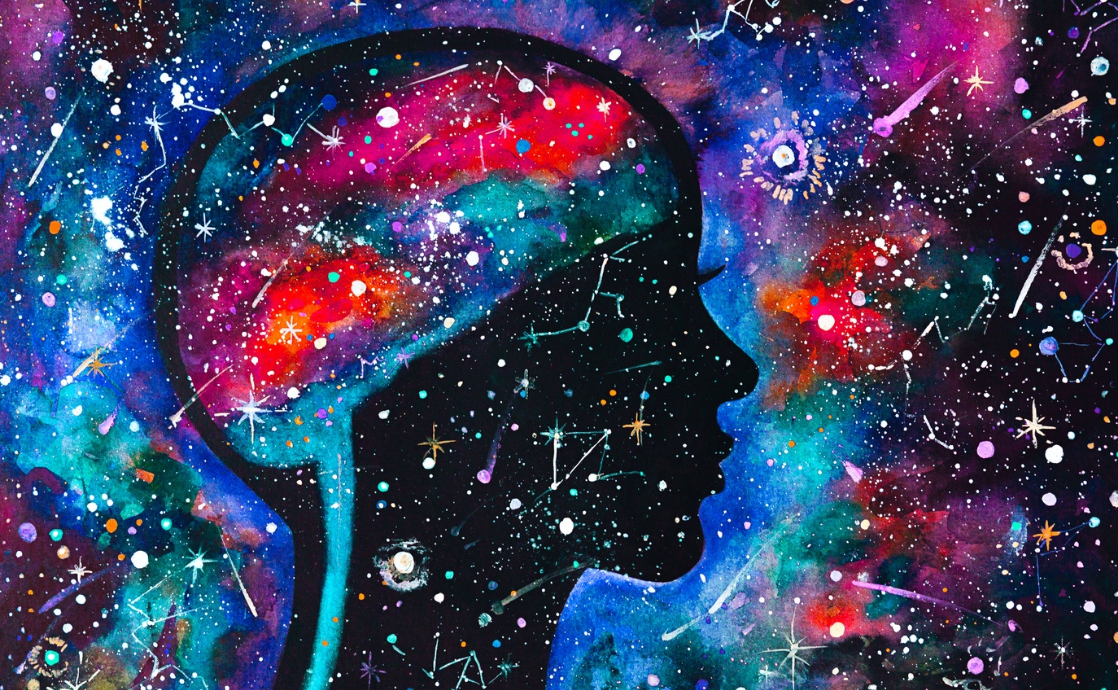The views expressed in our content reflect individual perspectives and do not represent the authoritative views of the Baha'i Faith.
Material philosophy is based on the notion that matter is central to human existence and that intangibles such as consciousness, mind and soul are nothing but the by-products of matter.
Some materialists ascribe the entire domain of physical interactions, including human behavior, to the mechanical laws of science, failing to recognize that human thought and reason are not purely mechanical processes. Let’s reflect, then, in this short series of articles, on the phenomenon of materialism from a spiritual and psychological perspective, to understand its consequences and to explore how humanity might overcome its negative influence.
Adherence to the philosophy of materialism may shape an individual’s view of life and its purpose in at least two ways—it may lead to an excessive and selfish attachment to material possessions which become the central objective of life; and/or it may cause the rejection of the notion of God and divine teachings, as well as resulting in the denial of the spiritual reality of human existence. Common features of a materialistic mindset include self-centeredness, entitlement and attachment to the vanities and desires of the world.
The Baha’i teachings speak out powerfully on the subject of materialism:
Consider to what a remarkable extent the spirituality of people has been overcome by materialism so that spiritual susceptibility seems to have vanished, divine civilization become decadent, and guidance and knowledge of God no longer remain. All are submerged in the sea of materialism. – Abdu’l-Baha, The Promulgation of Universal Peace, p. 221.
Observe how darkness has overspread the world. In every corner of the earth there is strife, discord and warfare of some kind. Mankind is submerged in the sea of materialism and occupied with the affairs of this world. They have no thought beyond earthly possessions and manifest no desire save the passions of this fleeting, mortal existence. Their utmost purpose is the attainment of material livelihood, physical comforts and worldly enjoyments such as constitute the happiness of the animal world rather than the world of man. – Ibid., p. 335.
Recently the Universal House of Justice, the democratically-elected leadership council of the world’s Baha’is, commented that:
The forces of materialism promote a … line of thinking: that happiness comes from constant acquisition, that the more one has the better, that worry for the environment is for another day. These seductive messages fuel an increasingly entrenched sense of personal entitlement, which uses the language of justice and rights to disguise self-interest. Indifference to the hardship experienced by others becomes commonplace while entertainment and distracting amusements are voraciously consumed. – The Universal House of Justice, 1 March 2017.
We live in a world where the culture of consumerism and indifference to the plight of the poor and their suffering have become rampant. People are valued by what they possess rather than who they are and what values they cherish for the betterment of humanity. In short, materialism has become a powerful force that influences how some people plan their lives and pursue their goals and achievements for the sole benefit and satisfaction of their own selves.
Shoghi Effendi, the Guardian of the Baha’i Faith, emphatically expressed his concern that this way of life would result in the corruption and moral decline of the present day society which is sinking in a sea of materialism:
The recrudescence of religious intolerance, of racial animosity, and of patriotic arrogance; the increasing evidences of selfishness, of suspicion, of fear and of fraud; the spread of terrorism, of lawlessness, of drunkenness and of crime; the unquenchable thirst for, and the feverish pursuit after, earthly vanities, riches and pleasures; the weakening of family solidarity; the laxity in parental control; the lapse into luxurious indulgence; the irresponsible attitude towards marriage and the consequent rising tide of divorce … the extension of the influence and activities of those “prophets of decadence”… who denounce religion as an opiate of the people, who would, if given free rein, lead back the human race to barbarism, chaos, and ultimate extinction—these appear as the outstanding characteristics of a decadent society, a society that must either be reborn or perish. – The World Order of Baha’u’llah, pp. 187-88.
The Guardian also made alarming predictions about underestimating the seriousness of the consequences of the
… cancerous materialism … which Baha’u’llah in unequivocal and emphatic language denounced in His Writings, comparing it to a devouring flame and regarding it as the chief factor in precipitating the dire ordeals and world-shaking crises that must necessarily involve the burning of cities and the spread of terror and consternation in the hearts of men. – Shoghi Effendi, Citadel of Faith, p. 125.
What can we do about this rampant cancer? In the next essay in this two-part series, we’ll explore what the Baha’i teachings recommend.
















Comments
Sign in or create an account
Continue with Googleor